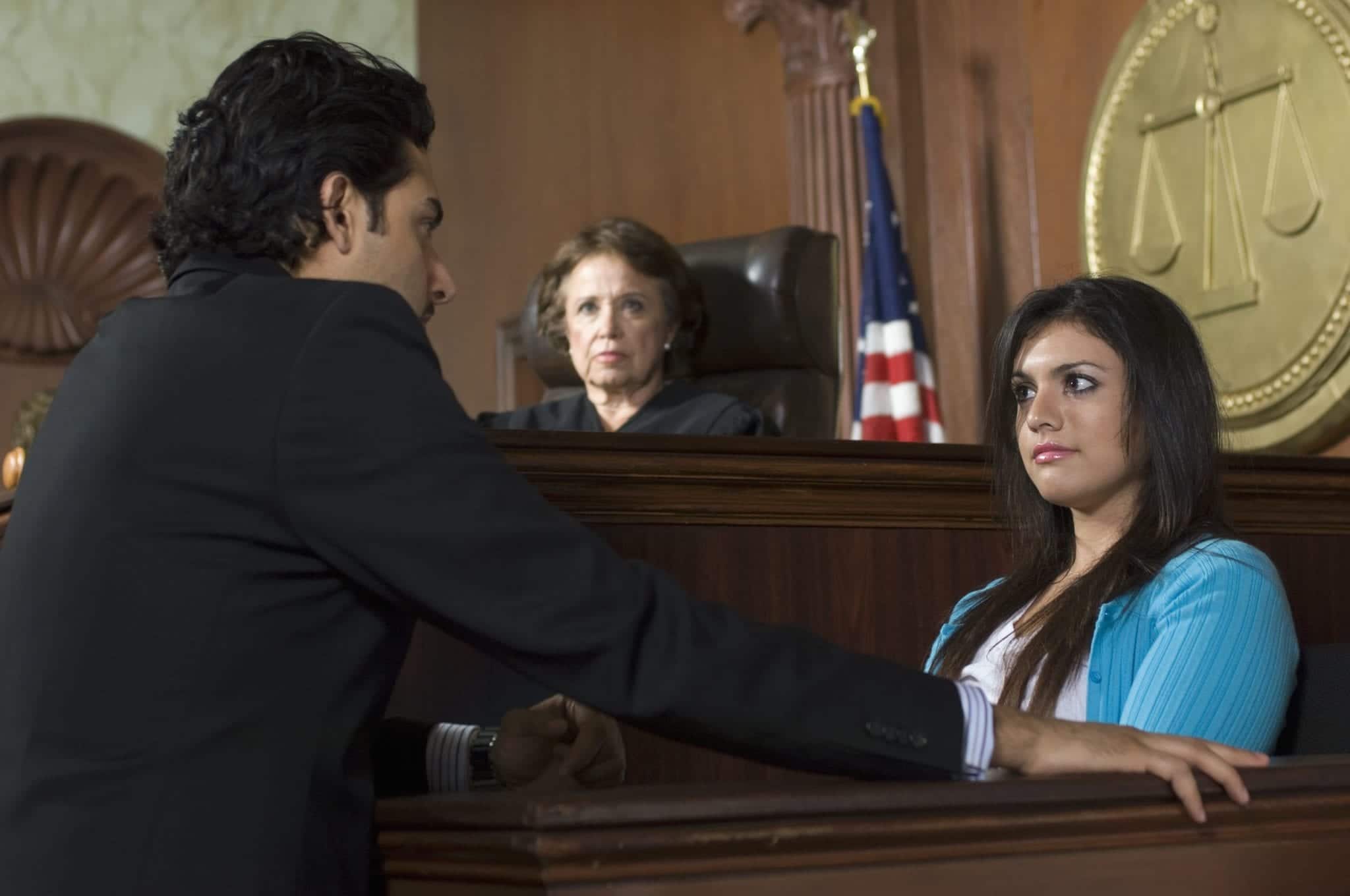
When a victim of family violence makes an emergency call or otherwise accuses someone of abuse, it’s usually for one of two reasons. The first reason – the one most people assume – is that they are tired of dealing with someone who is physically or psychologically hurting them and they want a way out. The second reason is that they do it in the heat of the moment and as a way to put a stop to a particular act.
Both of these are completely understandable, justifiable reasons, and it’s possible that the victim may have regrets about their decision in either scenario. However, this is far more likely to happen in the second scenario, because they may start to worry that they made a rash decision, or (once they realize the potential consequences) believe that the punishment is too harsh for a single act of domestic violence that they may feel was overblown in the first place.
Regardless of their reasoning, many alleged victims find themselves asking an important question after charges are filed against their loved one: “Can’t I just drop the charges?”
The short answer: no.
How Minnesota Family Violence Charges Work
In Minnesota, intentionally inflicting physical harm or even causing fear of immediate physical harm or death to a family member or someone in your household is a crime, and criminal charges are brought by the state. That means it is not the victim “charging” the accused, but rather the prosecutor’s office.
Because of this, the victim has no authority to drop the charges.
There’s a good rationale for this. Not only does our state have a serious problem with domestic violence, these types of situations are almost always difficult and complex. Victims tend to be emotionally tied to their abusers, and it’s far too easy to explain away bad behavior when we realize that someone we love is going to be punished. Moreover, a good number of victims are also financially entangled with their abusers, and the thought of losing that income can lead to them deciding to put up with violence.
On the negative side, there are plenty of situations where the alleged abuser may pressure or threaten the victim, and if they had the power to drop charges, this fear could cause them to do it. Finally, a victim simply might want to cut ties and move on without the pressure and responsibility of having to deal with a court case.
So, it makes sense that the state would not want to burden alleged victims with this kind of responsibility.
Unfortunately, in situations where a mistake was made by law enforcement or both parties genuinely want to move forward and focus on rehabilitation and recovery, the victim’s inability to dismiss charges can make things difficult.

However, just because you can’t drop the charges against your alleged abuser, that doesn’t mean you don’t have an important role to play. How so?
The Alleged Victim’s Role in a Minnesota Family Violence Criminal Case
As a case moves through the court system, Minnesota judges do take into consideration the victim’s perspective and opinions on the matter. You may be asked to appear at various points along the way in order to speak about whether you agree with a decision and why, or to provide evidence to the court, for instance.
If you are an alleged victim who truly wants the case dropped, you have a couple of options:
- Talk directly to the prosecutor. This likely won’t result in dropped charges, but is worth the effort.
- Give favorable testimony. An astounding 80-90% of victims recant their statements. Unless you have actually lied about the person committing acts against you, we would not recommend taking back your original statement. This rarely happens, but you should be aware that recanting could lead to you yourself facing charges for falsifying information to law enforcement and the court. Because you are essentially incriminating yourself, you should always have a professional guiding you through the process of recanting a statement.
- Remain calm. Showing you have not been negatively impacted by domestic violence is key in proving emotional stability. A psychiatric assessment be used as evidence as well.
For better or worse, your actions alone are unlikely to determine the outcome of your alleged abuser’s case. That doesn’t mean you can’t help, though, and it can make a difference. Remember, in order to convict someone, the prosecution must prove that they are guilty “beyond a reasonable doubt.” Your involvement can make it difficult for them to meet this threshold.
First Steps If You Want to Help Your Alleged Abuser Beat Minnesota Family Violence Charges

As we touched on above, defending your alleged abuser from domestic violence charges is not a decision to make lightly. If you are considering how to proceed, one of the best things you can do is to consult with an experienced Minnesota criminal lawyer. He or she will be able to give you a sense of what you are likely to endure, advise you on what you should say and do, and will likely know counseling services willing to perform a psychological evaluation.
About the Author:
Christopher Keyser is a Minneapolis-based criminal and DWI defense attorney known for fighting aggressively for his clients and utilizing innovative tactics to get the most positive results. He has been featured in numerous media outlets due to the breadth and depth of his knowledge, and recognized as a Minnesota Super Lawyers Rising Star (2014–2015), a Top 100 Trial Lawyer (2013–2015), and a Top 40 Under 40 Attorney (2013–2015).





